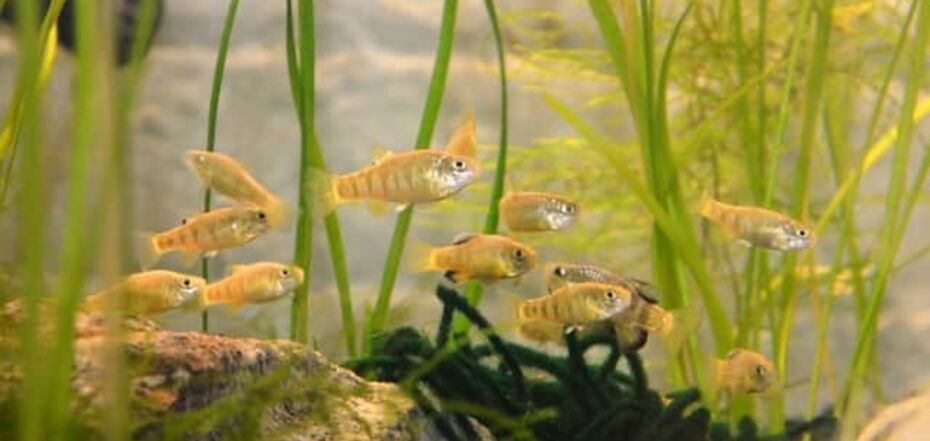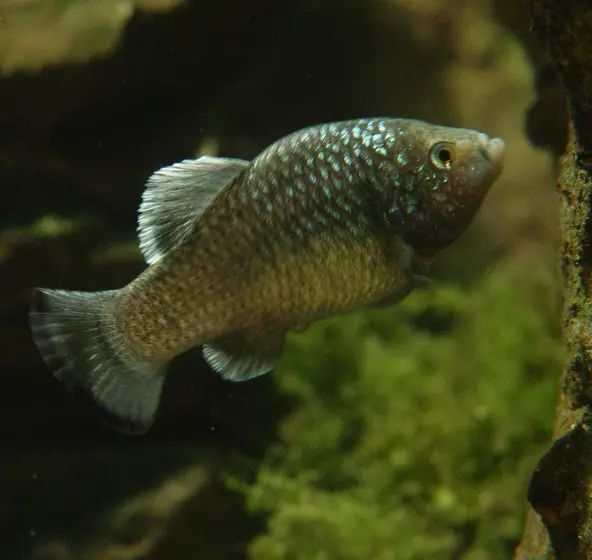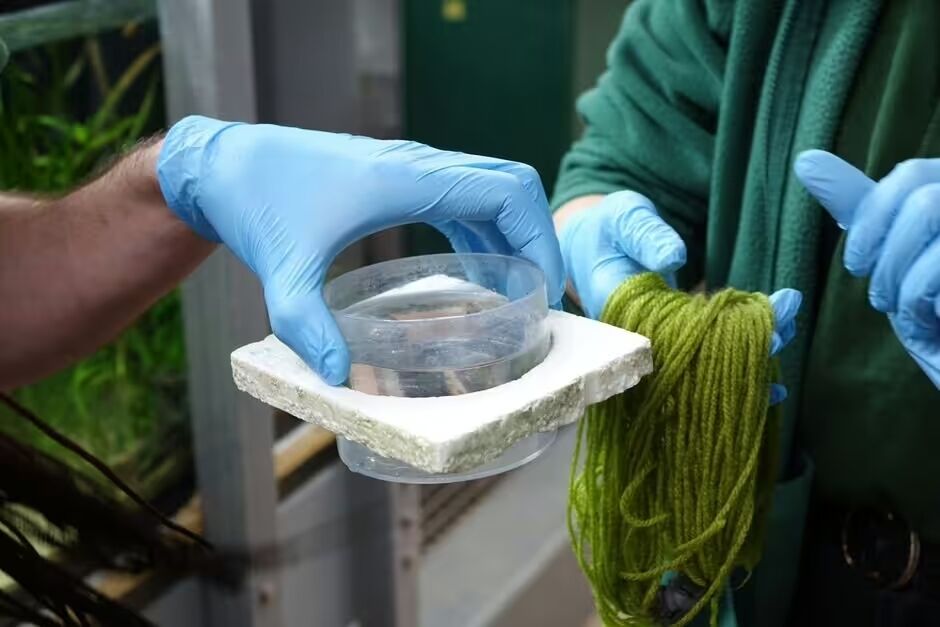News
The British zoo saved the loneliest fish in the world from extinction. Photo
The British Zoo has launched a large-scale conservation campaign to save a rare fish species from extinction. This happened after they discovered that they had the last specimen left.
Employees of the Whipsnade Zoo reported that the world's last individual of the boxer fish is under their care. The official status of the species in the International Union for Conservation of Nature (IUCN) classified the fish as endangered, Express writes.
A recent study conducted by the zoo's partners in Mexico showed that the wild population was completely wiped out – probably due to the introduction of invasive fish species such as Mayan cichlids.
Aquarists at Whipsnade were informed by conservation partners that the world's last remaining boxer fish was at the zoo, and they launched an urgent plan to save the species.
"The news that the last wild boxer fish could be extinct was a truly sobering moment, but we knew we didn't have time to think and had to act quickly to protect the future of this species," said Alex Cliffe, who is assistant curator of fish at ZSL, the conservation charity that runs Whipsnade Zoo.
Bedfordshire Zoo transferred the precious eggs of these fish to Bristol Zoo after it became known that the last remaining wild population might be wiped out. The team began the delicate process of moving 50 boxerfish eggs to Bristol Zoo, which is run by the conservation and education charity Bristol Zoological Society, to start a new population as part of a conservation breeding program.
This will allow both zoos to maintain a healthy and genetically viable reserve population that could one day be used to reintroduce the fish to the wild.
"Thanks to the quick response of the keepers at Bristol Zoological Society and the skillful care of our aquarists at Whipsnade, in just four days we had the precious eggs collected and transported for our conservation colleagues to hatch, raise, and care for," said Cliffe.
The tiny, translucent eggs of the fry were carefully collected by the caretakers from tufts of wool that replicate the plants and algae where the fish normally lay their eggs and placed in fry tanks. The eggs were extracted and transferred to pots filled with water, ready to be transported to new homes where they will hatch.
"When a species no longer exists in the wild, its future is entirely dependent on conservation zoos. At Whipsnade, we have the incredibly important responsibility of preventing this tiny fish from going extinct – a responsibility we take very seriously," the scientist explained.
Whipsnade Zoo will work with partners in Mexico and IUCN to confirm the status of the Boxer fish, and in the meantime, as part of ZSL's work to end human-caused extinction, they will coordinate breeding efforts to ensure the protection and continued existence of this species.
Only verified information is available on our Telegram channel OBOZ.UA and Viber. Do not fall for fakes!





























